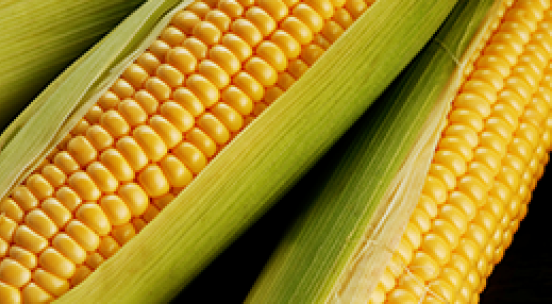
Hakl, J., Loučka, R., Jirmanová, J., Jambor, V.
47-53
doi: 10.1515/sab-2017-0010
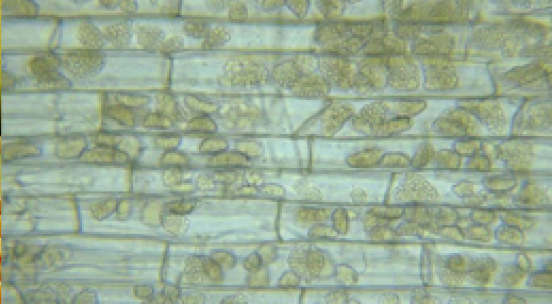
Grimová, L., Winkowska, L., Špuláková, B., Růžičková, P., Ryšánek, P.
54-62
doi: 10.1515/sab-2017-0011
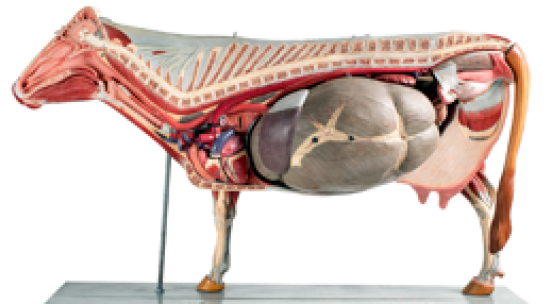
Joch, M., Kudrna, V., Hučko, B., Marounek, M.
63-69
doi: 10.1515/sab-2017-0012
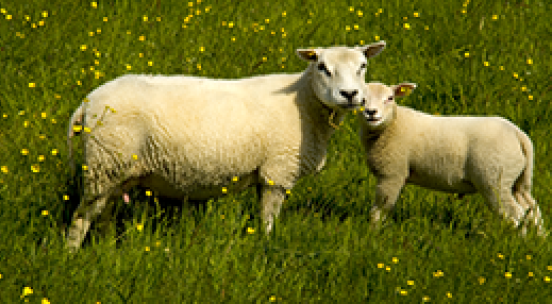
Kyriánová, I.A., Vadlejch, J., Langrová, I.
70-75
doi: 10.1515/sab-2017-0013
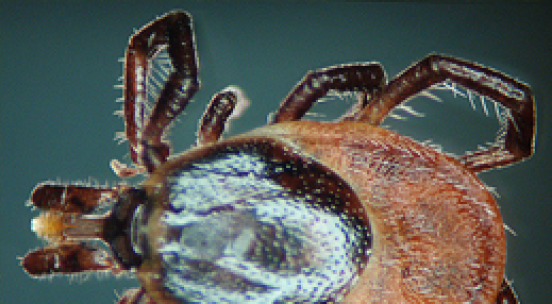
Kulma, M., Bubová, T., Kopecký, O., Rettich, F.
76-81
doi: 10.1515/sab-2017-0014
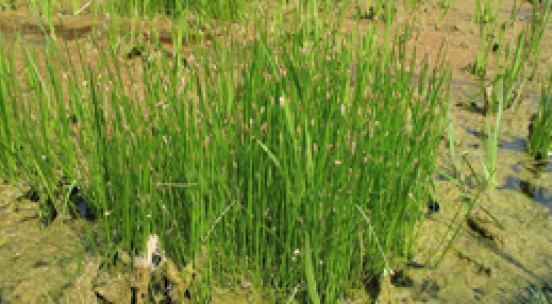
Vymazal, J.
82-91
doi: 10.1515/sab-2017-0009
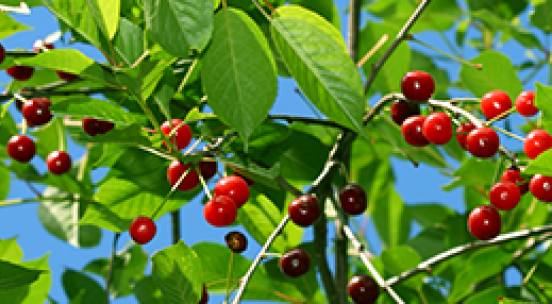
Sharma, K., Korecký, J., Patrizio Soldateschi, E.D., Sedlák, P.
92-97
doi: 10.1515/sab-2017-0015

Olšan, T., Libra, M., Poulek, V., Chalupa, B., Sedláček, J.
98-101
doi: 10.1515/sab-2017-0016
We use cookies and similar technologies on the websites of the Czech University of Life Sciences Prague (under the domain czu.cz) to ensure the proper functioning of the website. With your consent, we also use them to measure traffic (Google Analytics 4), analyze website performance, and for marketing purposes (Meta, Sklik, Google Ads), including displaying embedded videos (YouTube). Information about how you use our websites may be shared with our partners in the fields of analytics, social media, and online advertising. Essential cookies are always active. You can change or revoke your cookie preferences and consent at any time in "Cookie Settings."